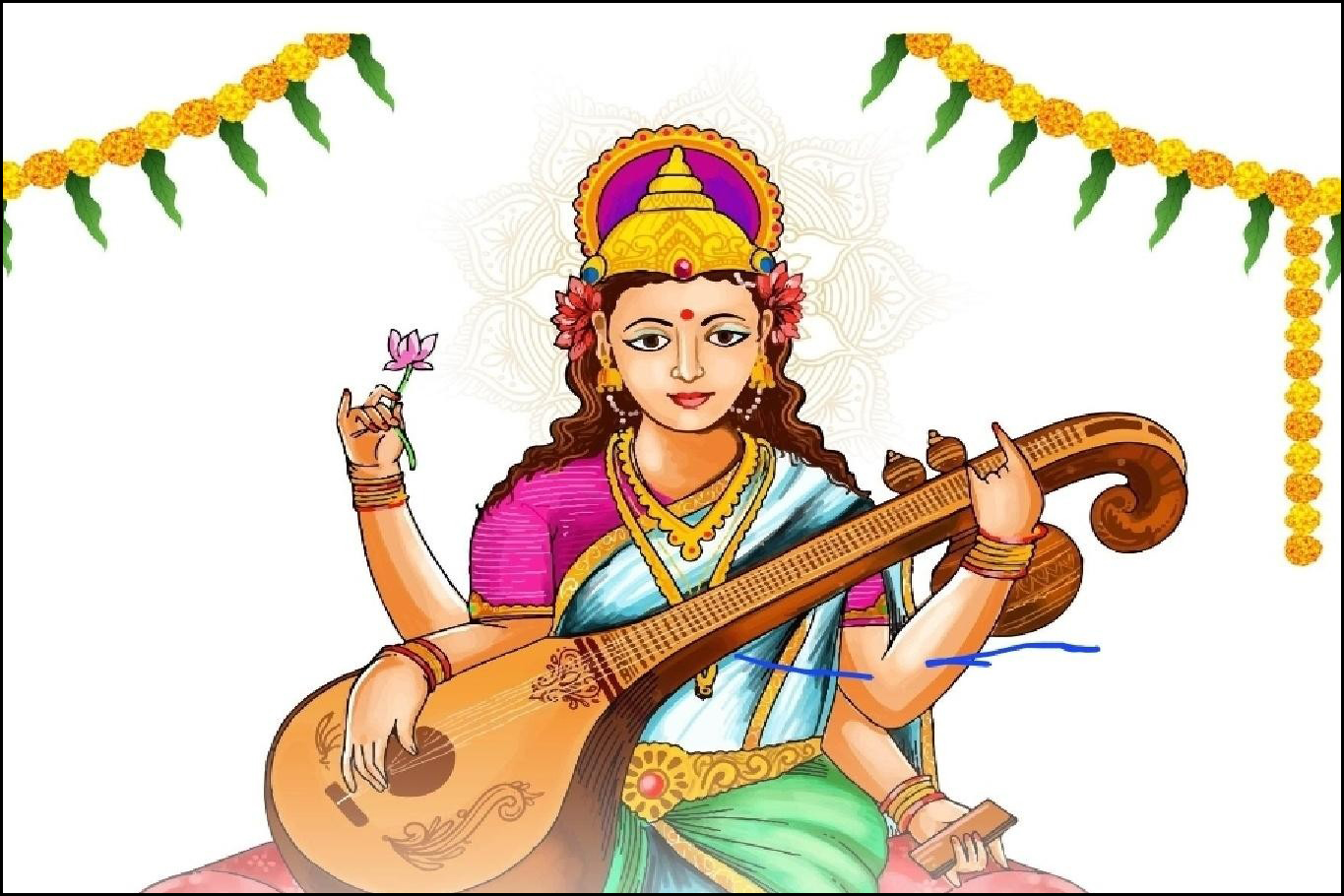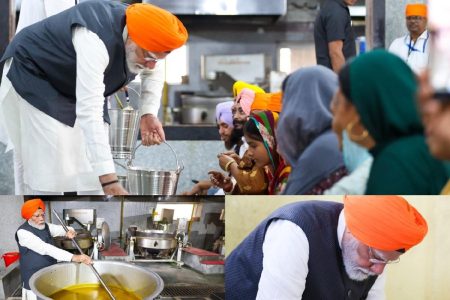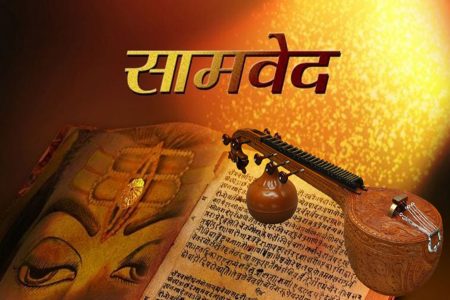
One of today’s most pressing issues revolves around equality, particularly gender parity and women’s rights. Despite unprecedented freedom and rights, women struggle to embrace their true feminine essence. Feminism grapples with a ‘Branding problem,’ ignoring inherent gender differences and pushing for “Equality of Outcome,” resulting in a reversal of gender roles. Women, longing for the Divine Masculine, must now cultivate it within themselves due to the lack of authentic masculinity around them, hindering their true femininity.
In contrast, Hinduism reveres Shakti, the divine feminine, placing her above all else. Devi worship forms the essence of this ancient tradition, celebrating feminine power for millennia. Shakti represents cosmic existence and change, embodying dynamic forces within the cosmos. Indian women effortlessly embody this divine energy, embracing their femininity with pride and confidence. Hinduism teaches the union of Shiva and Shakti within oneself, recognizing the multitude of goddess energies within.
Hindu scriptures extol the essence of womanhood, emphasizing the rarity and superiority of women. Shakti has personally shaped the author’s identity, teaching the balance of Yin and Yang, softness, and love over force. Hinduism offers a profound understanding of gender dynamics, promoting cooperation and appreciation between men and women for societal progress.
The dance of Shiva and Shakti holds profound healing and necessity in today’s world, offering a balanced perspective on gender dynamics. Hinduism’s egalitarian attitude towards men and women reflects the cooperative spirit of the Vedas, offering valuable lessons for societal harmony. Ultimately, Hinduism’s enduring relevance lies in its delicate dance of life’s divine play, offering wisdom for over 5000 years and continuing to guide humanity today.









